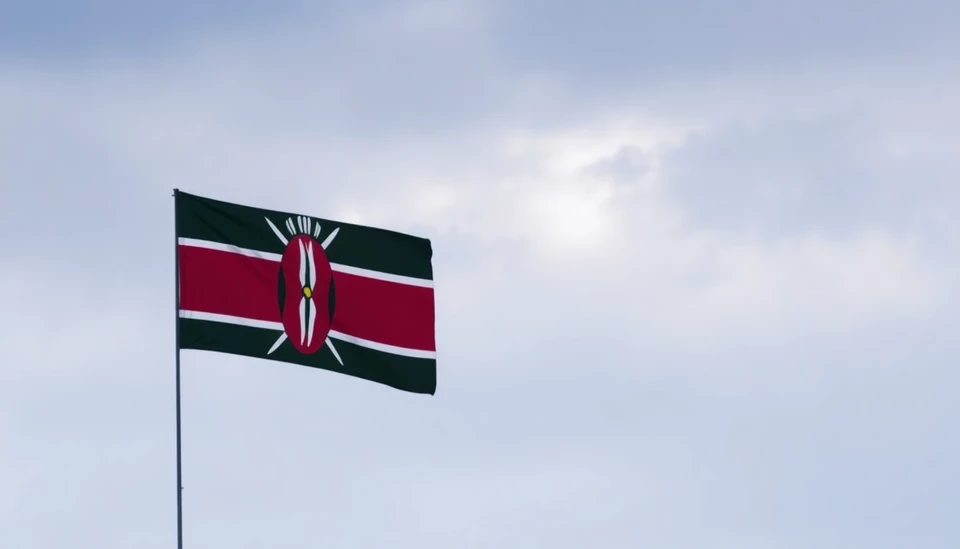
In a recent announcement, the Kenyan government has decided to adjust its tax collection targets downward while concurrently ramping up its borrowing plans. This strategic shift aims to address the prevailing economic challenges facing the nation, including inflationary pressures and reduced government revenues.
The Treasury has significantly lowered its tax revenue projections for the current fiscal year, acknowledging the difficulties in meeting previously set targets. The new targets are indicative of a broader struggle as the country grapples with high debt levels and the need for fiscal stability. This revision comes as Kenya faces rising costs of living, which are squeezing households and businesses alike.
As part of its economic strategy, the government is now looking towards increased borrowing to fund its budgetary needs. Officials have indicated that the decision to escalate borrowing is a necessary step to ensure that critical services and infrastructure projects continue to receive funding despite the lower-than-expected tax revenues. The implications of this decision raise concerns about the long-term sustainability of Kenya’s debt levels.
In a bid to foster confidence among investors and stakeholders, the Kenyan government is entering talks with various financial institutions and international lenders to secure supportive financing. The Treasury has emphasized the importance of balancing immediate economic needs while maintaining a focus on long-term growth and stability.
Experts have voiced mixed opinions regarding the government's revised approach. Some analysts believe that increasing borrowing could potentially lead to a debt crisis if not managed carefully, while others argue that, in the short run, it may provide necessary relief to ensure economic functioning. Furthermore, concerns regarding the effectiveness of tax reforms persist, with critics suggesting that improved collection mechanisms are needed to enhance revenue generation sustainably.
As Kenya navigates these economic hurdles, the focus is likely to remain on how effectively the government can deploy borrowed funds and utilize reform measures to enhance its tax framework. The situation will continue to evolve as stakeholders closely monitor the effects of these governmental decisions on the broader economy.
In summary, Kenya’s acknowledgment of its fiscal challenges and subsequent adjustments highlight the complexities of managing an economy in a dynamic global environment. The government's focus on borrowing as a stopgap measure presents both opportunities and risks that will require careful consideration as the nation charts its path forward.
#KenyaNews #EconomicChallenges #TaxReform #BorrowingStrategies
Author: Daniel Foster
